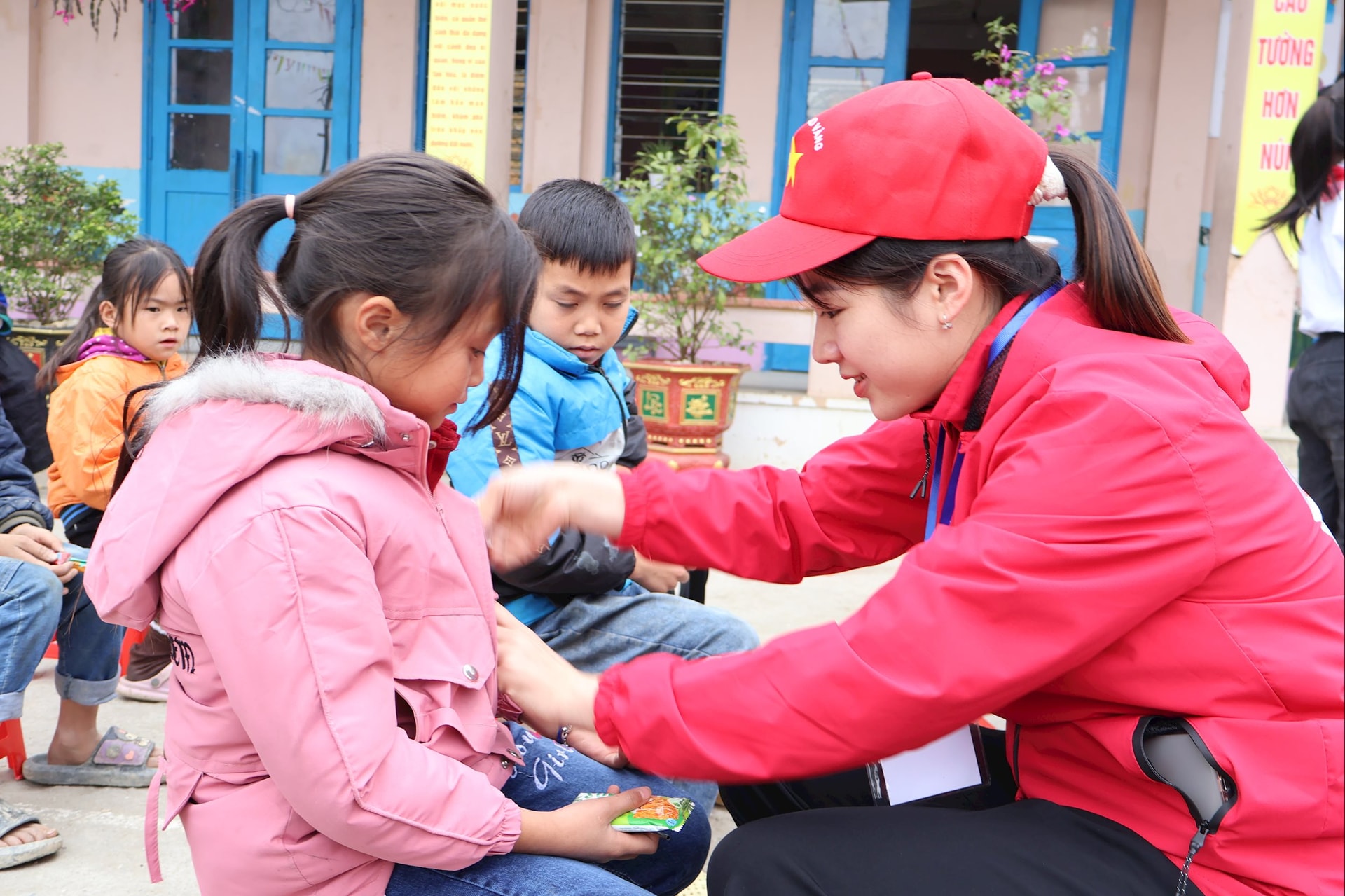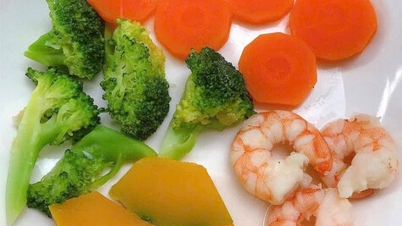
A team of researchers in Israel discovered that the protein oxytocin - often called the "love hormone" - plays a key role in how the young brain responds to separation from its parents, thereby influencing early emotional development.
The information was just announced by the Weizmann Institute of Science . The study, published in the journal Science, describes a new non-invasive method that allows scientists to silence specific neurons in the brains of baby mice without disrupting their natural behavior. Using this technology, the researchers discovered how the activity of oxytocin in the brain affects the ability of baby mice to adapt when separated from their mothers.
Oxytocin is known as a hormone that promotes social bonding and is usually studied in adults. However, this study shows that oxytocin also has profound effects on the emotional behavior of young animals.
When separated from their mothers for short periods, pups with a normal oxytocin system adapted more easily and made fewer calls. Meanwhile, pups with their oxytocin systems turned off continued to make high-frequency stress calls until they were reunited with their mothers.
Not only that, oxytocin activity also influenced post-reunion behavior. Mice with more active oxytocin systems were more likely to vocalize—but in a different pattern, thought to signal a need for closeness, followed by feelings of calm and security.
Another remarkable finding was that the sex differences appeared very early: female mice were more affected by changes in oxytocin activity than males. This suggests that differences in emotional development between males and females may begin much earlier than previously thought.
The study provides new insights into how childhood experiences combine with neurochemistry in the brain to shape future emotional and social behavior, and could also open new avenues for understanding developmental disorders such as autism, where these processes may go awry, the scientists said.
Source: https://baohaiphong.vn/phat-hien-hormone-oxytocin-dinh-hinh-cam-xuc-o-tre-nho-521339.html


![[Photo] High-ranking delegation of the Russian State Duma visits President Ho Chi Minh's Mausoleum](https://vphoto.vietnam.vn/thumb/1200x675/vietnam/resource/IMAGE/2025/9/28/c6dfd505d79b460a93752e48882e8f7e)


![[Photo] Joy on the new Phong Chau bridge](https://vphoto.vietnam.vn/thumb/1200x675/vietnam/resource/IMAGE/2025/9/28/b00322b29c8043fbb8b6844fdd6c78ea)
![[Photo] The 4th meeting of the Inter-Parliamentary Cooperation Committee between the National Assembly of Vietnam and the State Duma of Russia](https://vphoto.vietnam.vn/thumb/1200x675/vietnam/resource/IMAGE/2025/9/28/9f9e84a38675449aa9c08b391e153183)





























































































Comment (0)